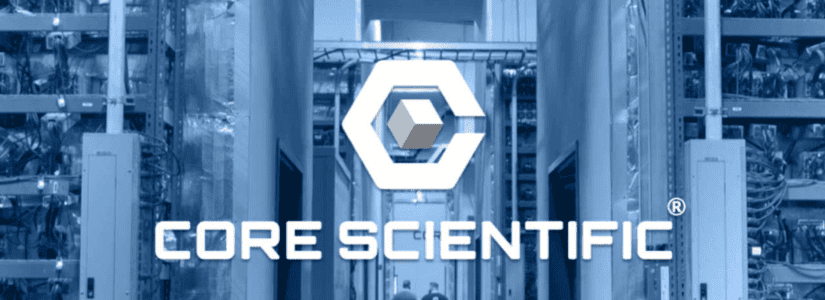TL;DR
- Core Scientific posted a $580.7M profit in Q1 2025, but revenue fell to $79.5M due to lower Bitcoin mining and a business shift.
- The company cut its Bitcoin production by 75% and redirected resources to colocation and AI infrastructure services.
- In February, it signed a $1.2B deal with CoreWeave to expand its data center capacity before the end of the year.
Core Scientific closed the first quarter of 2025 with a net profit of $580.7 million, well above the $210.7 million recorded in the same period last year.
However, its revenue dropped sharply and fell short of market expectations, mainly due to reduced Bitcoin production after the latest halving and the company’s strategic shift toward other digital infrastructure segments.
The company posted total revenue of $79.5 million, a steep decline from the $179.3 million reported in Q1 2024. Of that amount, $67.2 million came from proprietary mining, $3.8 million from hosted mining operations for third parties, and $8.6 million from colocation services — a segment now emerging as its new business focus.
The mining drop was largely explained by a 75% reduction in the number of Bitcoins mined, caused by lower block rewards and the gradual reallocation of resources toward colocation services.
Core Scientific Adapts to New Market Trends
This business shift responds to growing demand for high-performance infrastructure tailored to artificial intelligence and advanced computing services. In February, Core Scientific signed a $1.2 billion agreement with CoreWeave to expand its data center capacity. According to the announcement, it plans to deliver 250 megawatts of billable capacity before the end of the year, with the first 8 megawatts coming online by the end of May and another 40 megawatts added during the second quarter.
Despite the drop in mining revenue, the company partially offset the impact with a 74% increase in Bitcoin’s average price during the quarter and a 33% cut in energy costs, achieved through lower rates and operational efficiency improvements. By the end of March, the firm held $778.6 million in cash, cash equivalents, and cryptocurrencies.
The move toward AI infrastructure wasn’t exclusive to Core Scientific. Other mining firms like Hive Digital, Hut 8, Iris Energy, and TeraWulf are also shifting part of their operations to this sector, adjusting to a market where crypto mining faces tighter margins and fiercer competition for available energy resources













